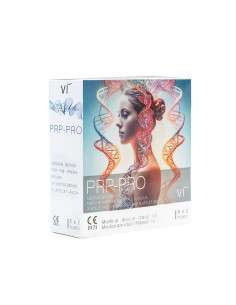Blood plasma is a liquid intercellular substance (pH 7.34-7.36) in which blood cells are suspended. Its percentage in the blood is 52-61%.
According to the existing hypothesis, the composition of blood plasma resembles that of the water of the prehistoric seas where life originated. About 93% of plasma consists of water, the rest of proteins, lipids, carbohydrates, minerals, hormones, vitamins, etc. The most important proteins are albumin, globulin and fibrinogen. Their physiological role is really diverse: they maintain colloidal-osmotic (oncotic) pressure, constant blood volume and pH, are actively involved in blood coagulation, determine blood viscosity, play an important role in immune processes and serve as amino acid reserve.
Transfusion of plasma containing heparin in combination with antibiotics effectively reduces the risk of death in sepsis (provided the patient has no severe concomitant diseases)
From a pharmacological point of view, the transport function of blood plasma proteins is of particular importance: they combine with a number of substances (cholesterol, bilirubin, etc.) as well as with drugs (penicillin, salicylates, etc.) and transport them to the tissues.



